People move to other countries for various reasons: some seek safety, others seek opportunities, and some seek quality of life. But when it comes to what Portuguese citizenship offers, the conversation goes beyond personal benefits. A passport is not just a document but direct access to all social, economic, and political privileges of the European Union, as well as a tool that opens borders, protects interests, and expands horizons—from work to visa-free countries. And if you consider citizenship as a personal investment in the future, you are on the right path.
### What Portuguese citizenship offers: free access to the rights and opportunities of Europe

To claim the status means to aspire to a life in Europe without limitations. With access to social benefits, protected by EU laws. Citizenship allows legal relocation, work, study, healthcare, and investment not only within the country but across the entire European Union territory. And this is far from the only advantage.
### Visa-free regime with dozens of countries worldwide
One of the main arguments in favor of obtaining citizenship is the wide geography of visa-free travel. Over 180 destinations are available without visa requirements. Among them are the USA, Canada, the UK, Japan, Singapore, and almost all of Latin America. For those interested in where they can travel visa-free with a Portuguese passport, it is worth studying the map of the strongest international routes.
### Right to reside and work without restrictions in EU countries
What does Portuguese citizenship offer? Primarily, freedom of work and the opportunity to move throughout the European Union territory. With Portuguese status, there is no need to obtain additional permits for employment in other EU countries. France, Germany, the Netherlands, Sweden, and many other economies are open to citizens. This means access to official employment, labor rights protection, healthcare system, pension programs, and the freedom to change employers without risking the loss of legal status.
### Education in Portugal and Europe on equal terms
A passport opens the doors of leading universities in Europe. Admission conditions and tuition fees for citizenship holders differ significantly from conditions for foreigners. This difference is particularly noticeable in countries with a high level of education—Germany, Austria, Finland. Education in Portugal also becomes accessible through special programs—with subsidies and scholarships.
### Loans and mortgages on European terms
This is not only about the opportunity to take out a loan in Portugal but also about using the opportunity to purchase real estate, start a business, or finance large projects. Citizens have access to state subsidy programs, reduced interest rates, and greater trust from financial institutions.
### Social guarantees and rights of EU citizens
One of the strongest arguments in favor of citizenship is the full set of social privileges. These include unemployment benefits, support for mothers and fathers, pension payments, medical and psychological assistance programs.
### Political and legal privileges
The status provides the opportunity to participate in elections, stand for municipal bodies, and vote in referendums. It also allows access to EU courts, protection of interests beyond the country’s borders, and seeking justice in cross-border cases. Political stability and a developed legal system make the area particularly attractive to those seeking protection, not just convenience.
### How to obtain Portuguese citizenship: official grounds
What does Portuguese citizenship offer? Not only expanded opportunities but also the option to build a life in the EU without restrictions. A passport can be obtained in various ways, and it is important to understand which of them are available to you. Below are the key grounds from which the path to citizenship begins.
– Residence permit based on a labor contract, study, or entrepreneurial activity;
– Citizenship by descent or through naturalization after five years of residence;
– Marriage to a citizen and cohabitation;
– Recognition as a refugee or special merits to the country;
– Investment in the economy—Golden Visa programs and similar initiatives.
Each ground requires a set of documents, confirmations, and compliance with a range of conditions, but Portugal remains one of the most open countries in Europe for new citizens.
### Advantages of Portuguese passport compared to residence permit
Many confuse temporary residence permits with full citizenship, but the difference between them is fundamental. A residence permit provides a limited set of rights, requires regular renewal, and always depends on the basis on which it was issued—whether it be work, study, or investments. Moreover, a residence permit can be revoked for non-compliance or change of circumstances.
Citizenship, on the other hand, provides a full legal status with unlimited opportunities. Such status does not require renewal and is not dependent on the current place of residence or type of activity.
The advantages of citizenship cannot be equated with temporary status—a qualitatively different level of opportunities, security, and freedom. What Portuguese citizenship offers is not just freedom but full access to all the opportunities provided by the European Union. The difference between the formats is not a formality but a defining factor in a long-term strategy for living in Europe.
### Tips for those who are just starting the path to citizenship
The path requires patience, preparation, and strategic thinking. Here are a few tips to help you navigate it faster:
– Do not delay in learning the language—basic knowledge of Portuguese is necessary for naturalization;
– Document every year of residence—from lease agreements to medical insurance;
– Plan in advance to change status from residence permit to permanent residency without violating deadlines;
– Engage a lawyer at the application stage—there are few refusals, but errors in documents can be costly;
– Keep track of changes in legislation—Portugal flexibly adapts immigration norms.
The better prepared you are, the faster the results will come.

### What the Portuguese passport offers: conclusions
In conclusion, it is worth acknowledging: what Portuguese citizenship offers is more than just the right to live in a country by the ocean. It is your key to the European Union, international opportunities, financial stability, and personal freedom, a status that makes you not just a resident but a full-fledged participant in the global society.
Study the citizenship programs ranking and choose the optimal path based on your goals—all points will save time and help avoid mistakes at the start.

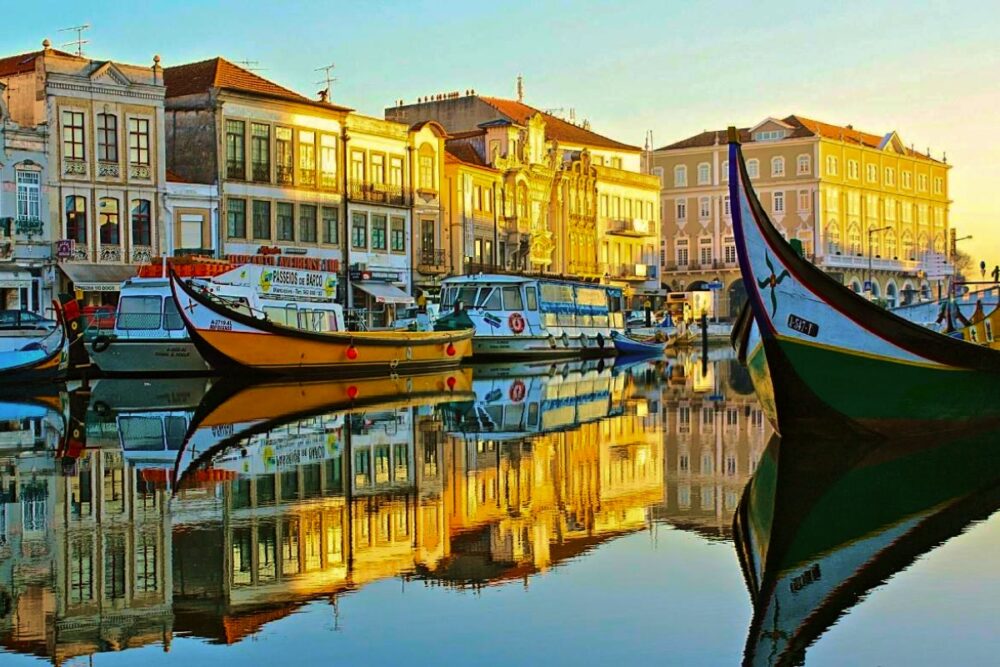

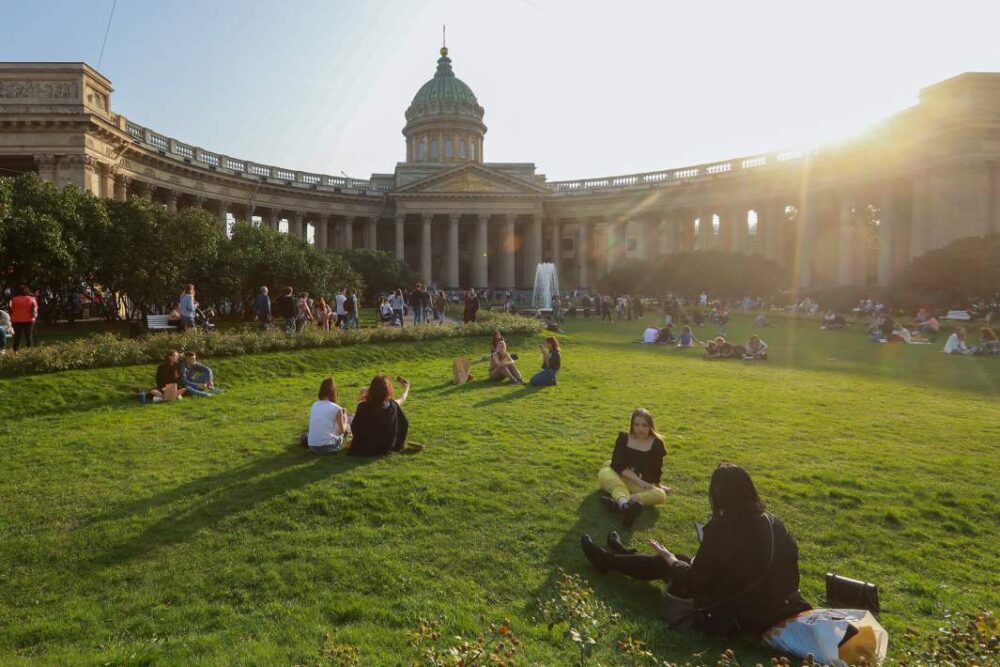









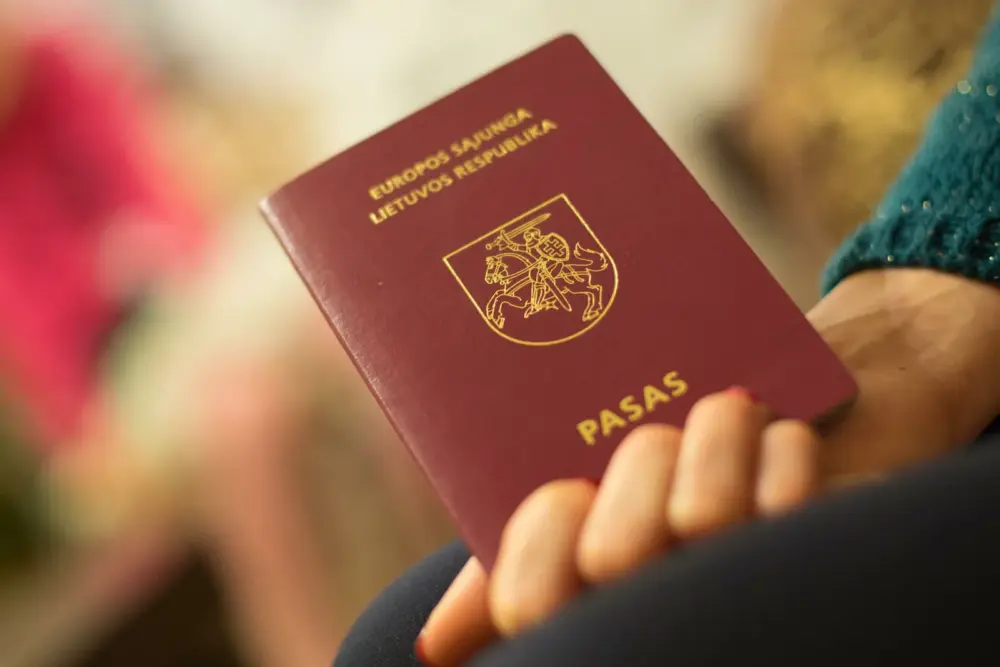

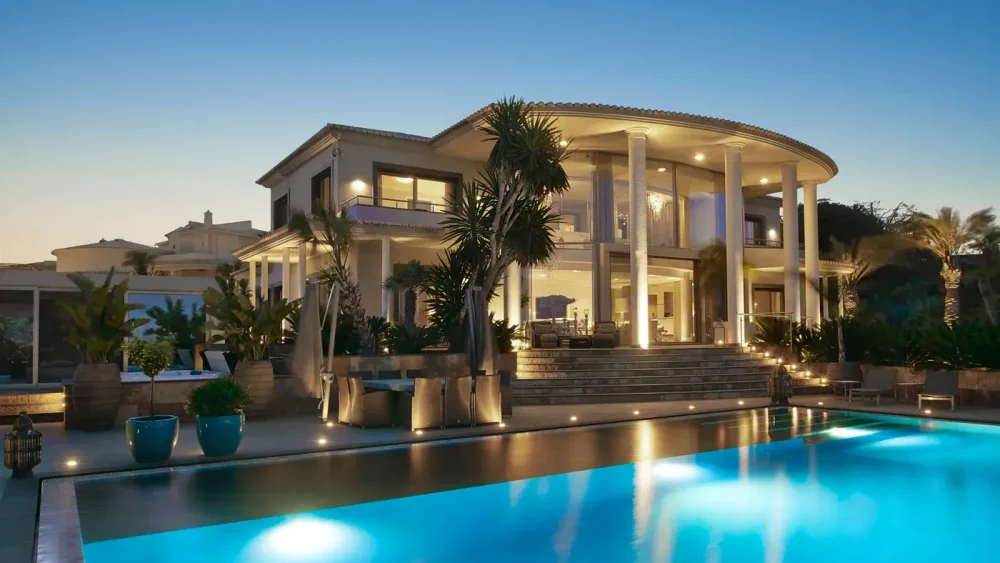
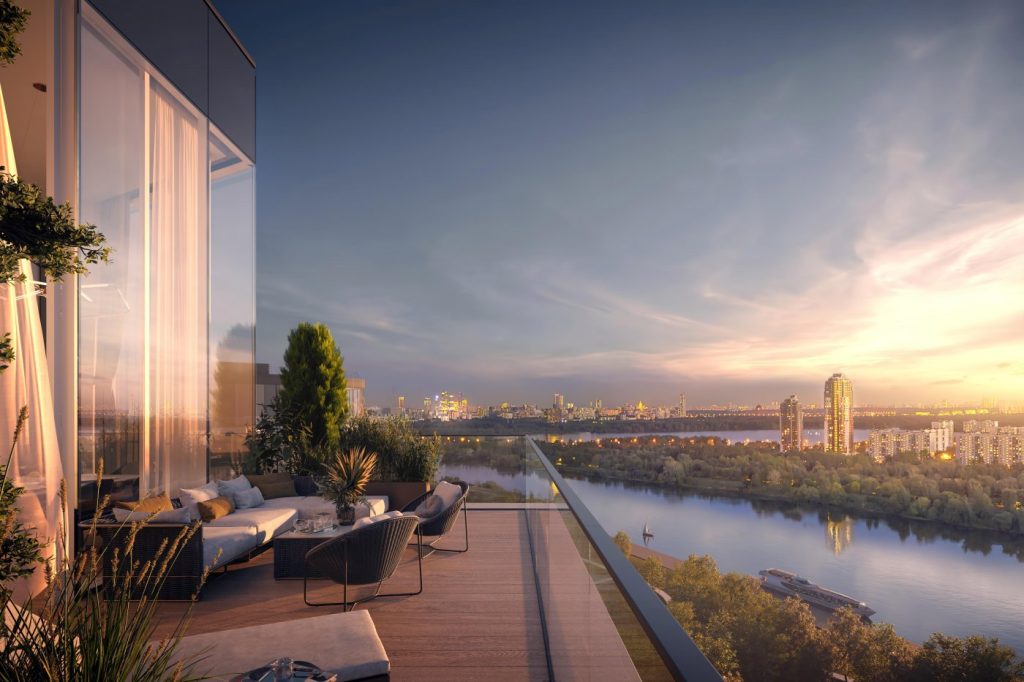 The premium segment is divided not only by building type, but also by architectural design, service level, and ownership format. Let’s consider what luxury real estate is in terms of functional types.:
The premium segment is divided not only by building type, but also by architectural design, service level, and ownership format. Let’s consider what luxury real estate is in terms of functional types.: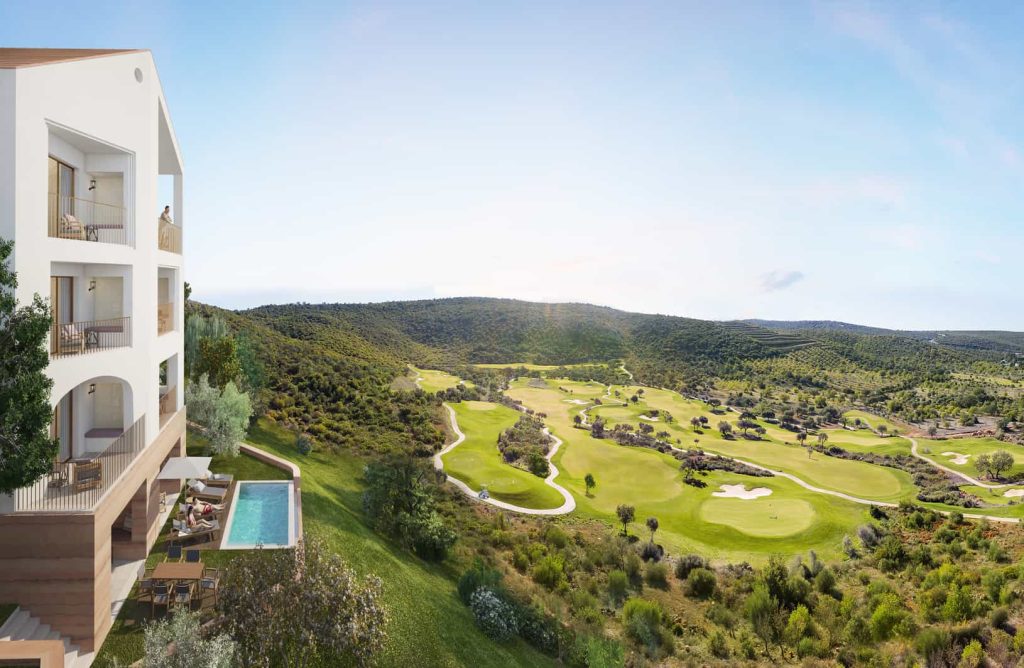 What is luxury real estate — a symbiosis of architecture, status, technology and strategy. Investments in premium facilities allow:
What is luxury real estate — a symbiosis of architecture, status, technology and strategy. Investments in premium facilities allow: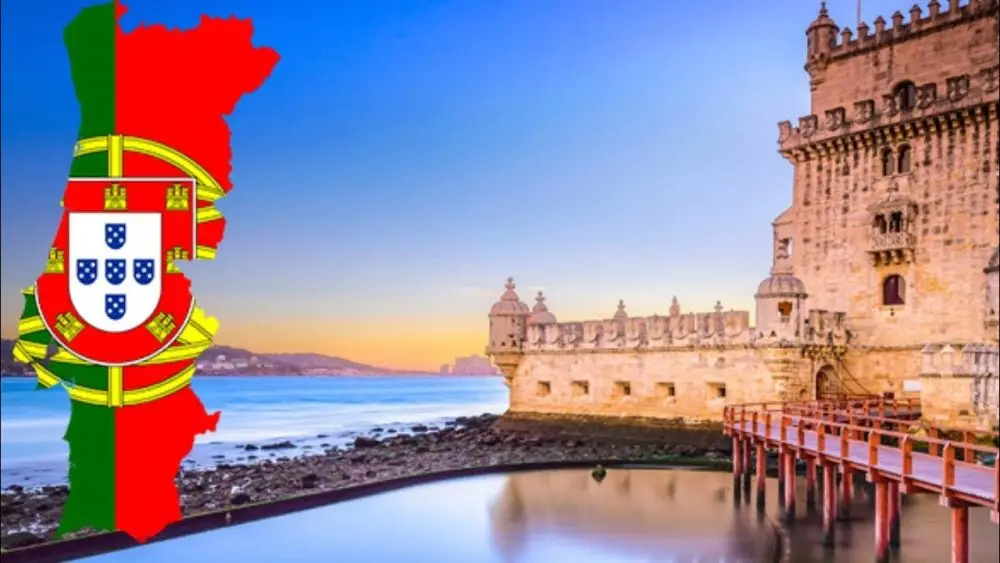
 The decision in favor of one of the two statuses determines not only the route of legalization, but also the daily level of freedom. The differences between a residence permit and permanent residence are expressed in the powers that a person receives in a new country. Rights, access to systems, and the degree of government control — each of these parameters directly depends on the chosen residence format.
The decision in favor of one of the two statuses determines not only the route of legalization, but also the daily level of freedom. The differences between a residence permit and permanent residence are expressed in the powers that a person receives in a new country. Rights, access to systems, and the degree of government control — each of these parameters directly depends on the chosen residence format.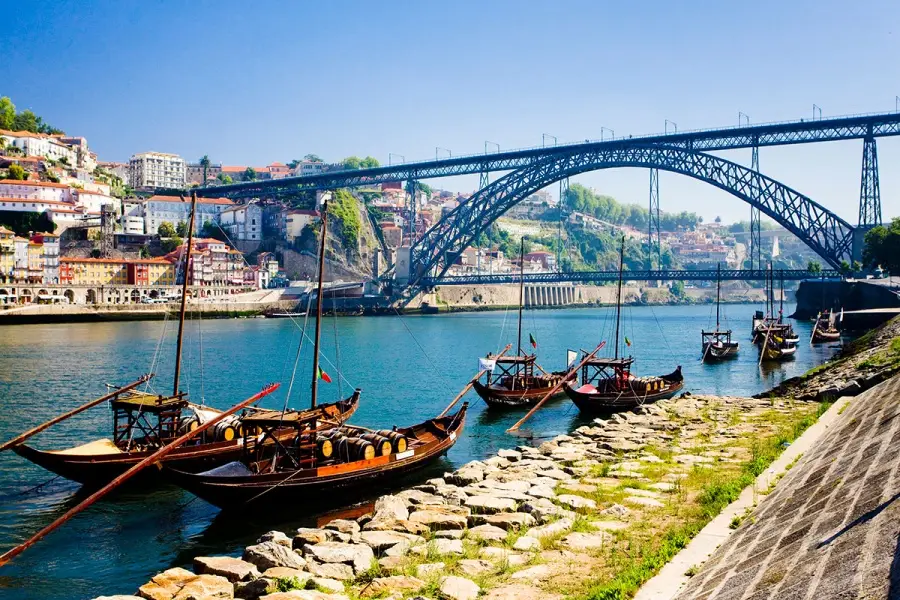 The difference between permanent residence and a residence permit is not only in the name, but in the degree of control over life. The first one gives you rights. The second is permission. In the long term, it is the differences between a residence permit and permanent residence that form the scenario: adaptation with a margin or constant struggle with restrictions. When choosing between temporary and permanent status, it is necessary to take into account not only current circumstances, but also future goals. The right start will save you years, save you from difficulties and accelerate the path to stability.
The difference between permanent residence and a residence permit is not only in the name, but in the degree of control over life. The first one gives you rights. The second is permission. In the long term, it is the differences between a residence permit and permanent residence that form the scenario: adaptation with a margin or constant struggle with restrictions. When choosing between temporary and permanent status, it is necessary to take into account not only current circumstances, but also future goals. The right start will save you years, save you from difficulties and accelerate the path to stability.